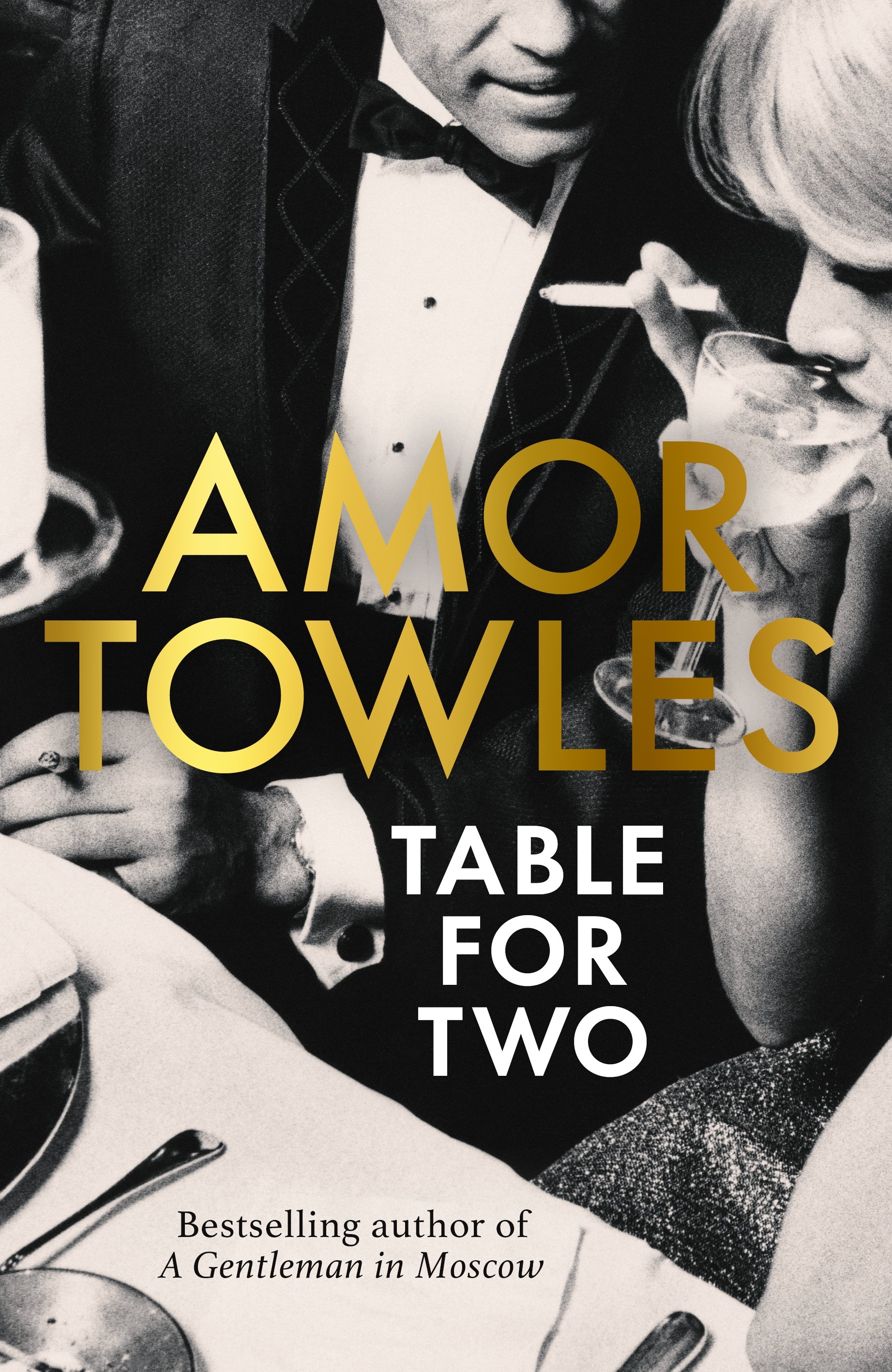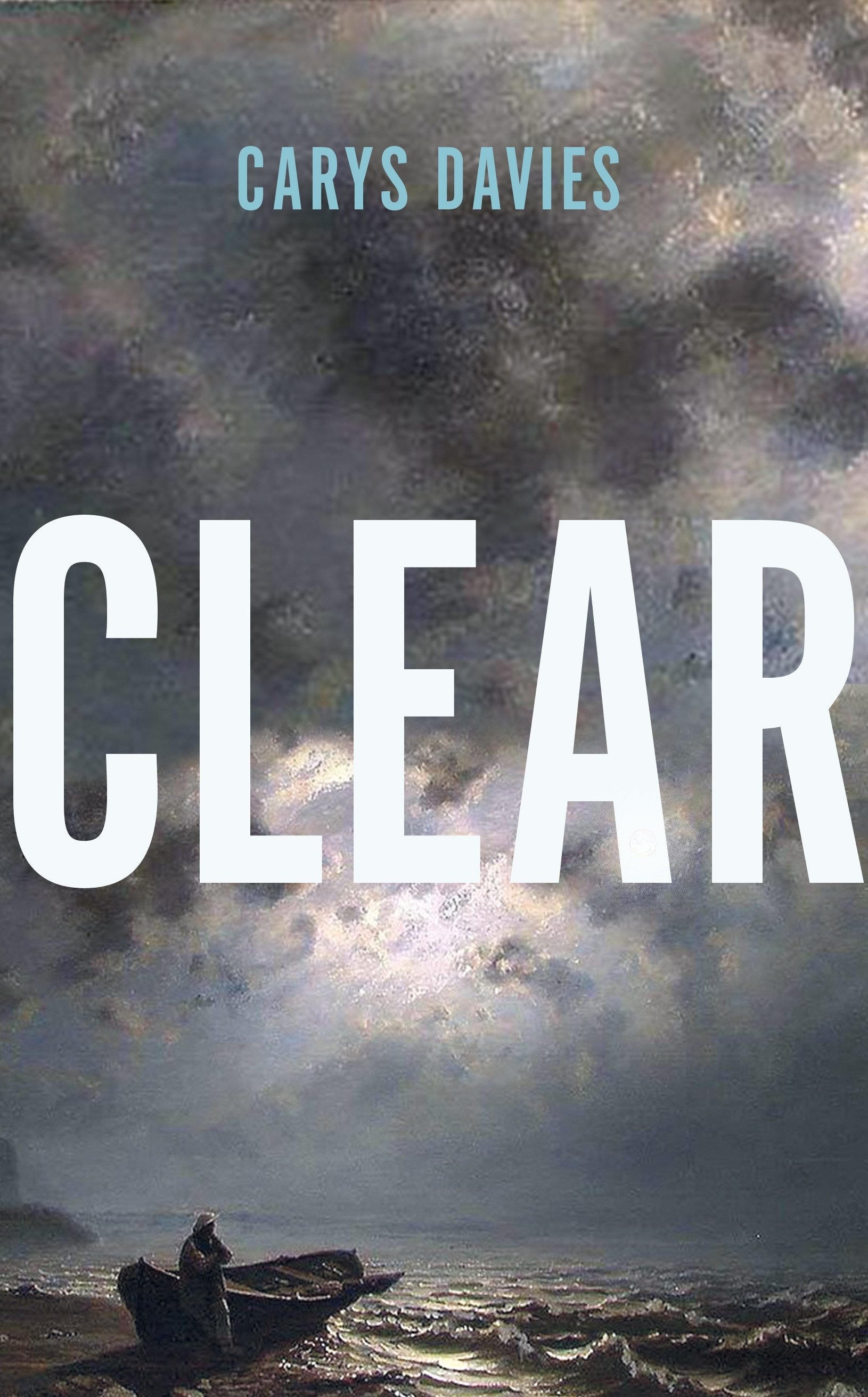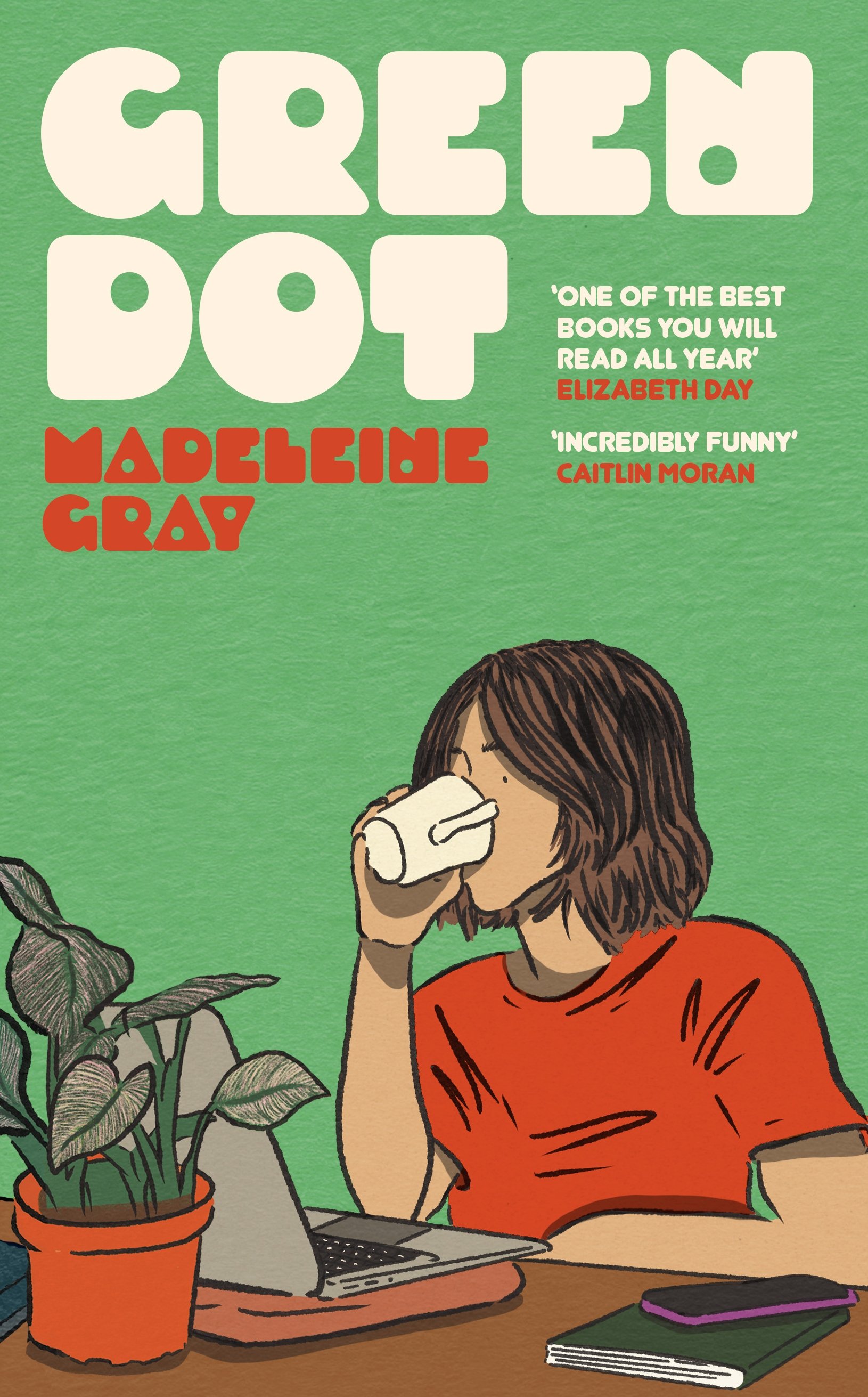Paddy Crewe’s second novel is set in his native north-east England in the 1980s, a particularly grim period for the region when unemployment was high due to the closures of steel works and coal mines. It is a gear-change from his much-praised and expansive debut novel My Name is Yip (2022) which was set in the 1830s Georgia gold rush. Many of the scenes in True Love instead conjure up the kind of parochial English melancholy that the singer Morrissey specialises in. Its open-hearted title is also perhaps a clue to how earnest this novel is. The main characters are two young people: Keely and Finn, who don’t meet until the third and final section of the book. The first section of the novel, “Seacoaler”, delineates Keely’s childhood living in a caravan on a campsite with her father, a seacoaler — someone who makes their living by collecting and selling coal washed up on the beach. He becomes emotionally absent — and eventually, literally absent — after the death by drowning of Keely’s brother Welty.
Table for Two by Amor Towles
Amor Towles was a Wall Street banker before he published his first novel, Rules of Civility, in 2011, at the age of 46. Since then, his books have sold six million copies, and the second, A Gentleman in Moscow (2016), has been made into a Paramount + series starring Ewan McGregor.
Towles’s success in banking and publishing has perhaps given him a particular insight into the American Dream. The six stories and one novella that make up his stylish and confident new collection, Table for Two, all feature characters in pursuit of an ambition that puts them in varying degrees of peril – protagonists tasked with missions of differing seriousness. There is the Russian peasant who must tell his communist wife that he has accidentally bought them tickets to New York; a forger of famous authors’ signatures; the daughter who follows her stepfather incognito to find out where he goes on Saturday afternoons; and the stranger who promises to keep an alcoholic out of a bar and get him on a plane.
This Strange Eventful History by Claire Messud
Claire Messud’s fourth novel, The Woman Upstairs (2013), was notable for having a genuine twist – a reminder of how rare that is in literary fiction. Messud has nonetheless produced such a rarity again in This Strange Eventful History.
For her seventh novel, the saga of the Cassar clan, Messud has turned to her own family history. The novel reaches from Algeria, where her paternal grandparents were raised, to Connecticut, where Messud herself was born, and from 1927 to 2010. The Cassar family go to war, move continents, develop dementia and alcoholism, and marry or fail to: this is not a milieu in which remaining single is viewed as a dignified choice.
This Strange Eventful History is told in the third person: Gaston is the Cassar patriarch, and while he and his wife Lucienne consider their marriage to be “the masterpiece” of their lives, it contains a troubling secret.
Clear by Carys Davies
Carys Davies grew up in Newport, south Wales but her novels have been set in 19th- century Pennsylvania (West, 2018), contemporary Ooty in India (The Mission House, 2020) and now a small island off the north coast of Scotland in 1843. Her short stories have been set variously in the Australian outback and Siberia. She has said that when creating a fictional world, ‘I seem to require a certain kind of distance from my own life’.
On an island ‘between Shetland and Norway’, a man called Ivar lives in isolation, talking only to Pegi the horse, whom he calls ‘old cabbage and a silly, odd-looking person’. One day he finds a man naked and unconscious on the beach below the cliffs. Even after the man regains consciousness, he and Ivar do not share a common language, so communication between them is halting. The newcomer is John Ferguson, a church minister who has been sent to evict Ivar so that the land can be used solely by grazing sheep.
Green Dot by Madeleine Gray
Hera, the heroine of Madeleine Gray’s first novel, is 24, which, as she says, ‘seems young to most people but not to people in their mid-twenties’. She lives in Sydney with her father and their dog and works as an online community moderator, but the contents of her work bag reveal her to be Bridget Jones’s edgier little sister: ‘My wallet, three pairs of underpants, headphones, nine tampons, a travel vibrator, two novels, a notebook, two beer caps, a bottle of sake and a fountain pen.’ She will also inevitably be compared to Hannah from Lena Dunham’s Girls and to Phoebe Waller-Bridge’s Fleabag.
Gray’s writing style is droll but if Hera’s internal monologue sounds gauche and affected, it is useful to remember what the average 24-year-old sounds like. When she tells her closest friends her feelings, she reflects to herself: ‘I’ll speak it now and work out if it’s honest later.’ Her cynical schtick is not always palatable, particularly when she describes a colleague as having ‘the embodied exhaustion of a Holocaust museum tour guide’.
Tackle! by Jilly Cooper
Jilly Cooper, queen of the British bonkbuster, has turned her attention to football for her 18th novel. She was inspired after sitting next to Sir Alex Ferguson at lunch one day. She also thanks Kenny Dalglish, Alan Curbishley and ‘my wonderful neighbour’ Tony Adams in her acknowledgements. Her friend, the former home secretary Michael Howard, even took her to a Liverpool match, where she met Steven Gerrard.
Her legions of fans need not worry, however. We are still in Rutshire, the village Cooper created for her earlier novels; Rupert Campbell-Black, the hero of Riders, Rivals and Mount!, who was allegedly partly modelled on Andrew Parker Bowles, still lives in Penscombe Court, ‘his beautiful, gold Queen Anne house’; and he is still ‘Nirvana to most women’, but now in his sixties and distraught over his wife Taggie’s breast cancer.





